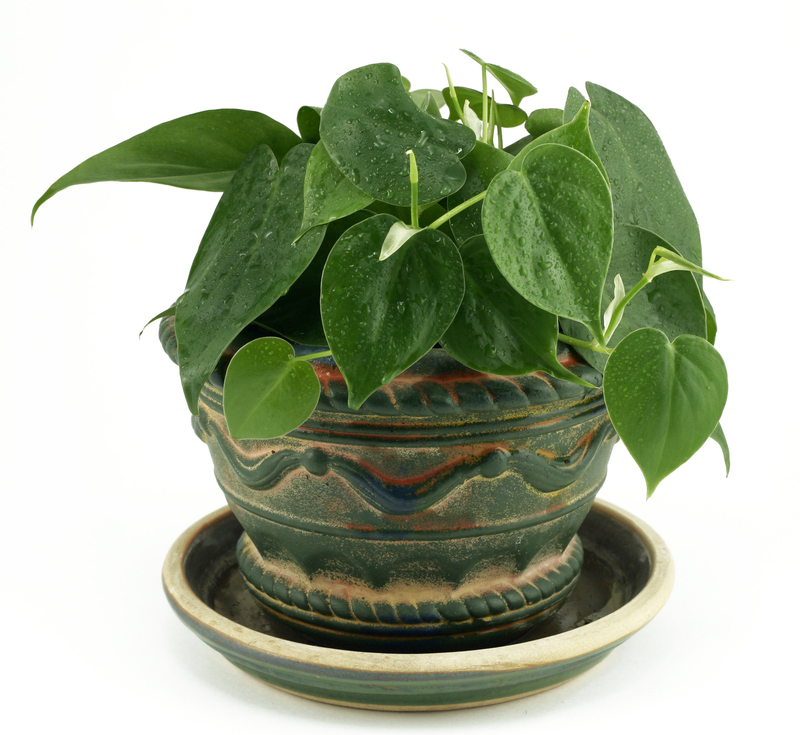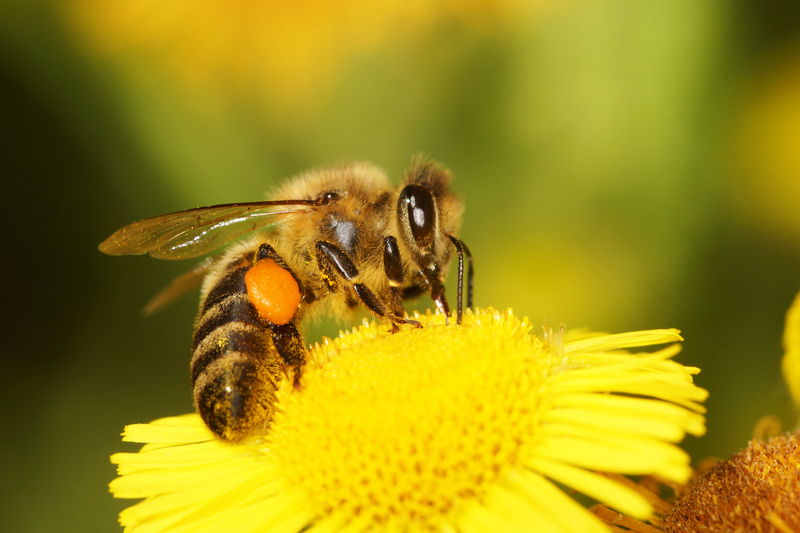Best Small Garden Evergreen Trees
Posted on 13/02/2025
Creating an appealing small garden doesn't mean you have to forgo greenery and rich foliage year-round. Evergreen trees are an excellent option for small gardens, providing structural interest, privacy, and beauty even during the colder months. This article will explore the best small garden evergreen trees you should consider, offering you tips and insights to make the best choice for your garden oasis.
1. Dwarf Blue Spruce (Picea pungens 'Glauca Globosa')
The Dwarf Blue Spruce is a picturesque addition to any small garden. This tree is known for its striking blue-gray needles and compact, rounded shape.
Characteristics:
- Height: 3-5 feet
- Spread: 3-4 feet
Growing Conditions:
- Full sun
- Well-drained soil
- USDA zones 2-8

2. Japanese Holly (Ilex Crenata)
Japanese Holly is a popular choice for small gardens due to its dense foliage and versatility in shaping.
Characteristics:
- Height: 6-10 feet
- Spread: 5-8 feet
Growing Conditions:
- Partial to full sun
- Well-drained soil
- USDA zones 6-9
3. Boxwood (Buxus sempervirens)
Boxwood is a classic evergreen known for its ability to be shaped into various forms, making it perfect for topiary.
Characteristics:
- Height: 2-5 feet
- Spread: 2-5 feet
Growing Conditions:
- Partial to full sun
- Moist, well-drained soil
- USDA zones 5-9
4. Mugo Pine (Pinus mugo)
The Mugo Pine is a hardy, adaptable tree that remains compact while adding a touch of evergreen beauty to any small garden.
Characteristics:
- Height: 3-5 feet
- Spread: 3-5 feet
Growing Conditions:
- Full sun
- Well-drained soil
- USDA zones 3-7
5. American Arborvitae (Thuja occidentalis 'Smaragd')
Known for its tall, narrow form, the American Arborvitae is excellent for creating privacy hedges or standalone garden features.
Characteristics:
- Height: 10-15 feet
- Spread: 3-4 feet
Growing Conditions:
- Full sun to partial shade
- Well-drained, moist soil
- USDA zones 2-7
6. Dwarf Hinoki Cypress (Chamaecyparis obtusa 'Nana Gracilis')
This compact evergreen offers a unique, fan-like foliage structure, perfect for garden focal points or mixed borders.
Characteristics:
- Height: 3-6 feet
- Spread: 3-4 feet
Growing Conditions:
- Partial shade to full sun
- Well-drained soil
- USDA zones 4-8
Tips for Choosing and Planting Evergreen Trees
- Space Planning: Consider the mature size of the tree to ensure it fits well within your garden without overcrowding.
- Soil Conditions: Assess your soil type and choose trees that will thrive in those conditions.
- Climate Compatibility: Select trees suited to your local USDA hardiness zone for optimal growth and health.
- Watering Needs: Different evergreens have varying water requirements; ensure you meet these to establish healthy growth.
Pros and Cons of Small Garden Evergreen Trees
Pros:
- Year-round color and structure
- Privacy and windbreak benefits
- Low maintenance
- Versatile design options
Cons:
- Limited variety in very cold or very hot climates
- Potential for overcrowding in small spaces
- Some species may require regular pruning and shaping

Takeaways
Opting for evergreen trees in your small garden brings with it a host of benefits. They enhance your garden's aesthetics year-round and provide structural interest. However, it is vital to match the tree's requirements with your garden's conditions to ensure healthy growth.
Conclusion
Choosing the right evergreen tree can transform your small garden into a lush, green sanctuary throughout the year. From the classic Boxwood to the striking Dwarf Blue Spruce, each tree offers its unique charm and benefits. By considering your garden's specific needs and following expert tips, you can find the perfect evergreen to thrive in your small garden. Embrace the beauty of evergreens and enjoy a vibrant, year-round green space.
Latest Posts
Inspiring Ways to Refresh Your Garden This Autumn Season
A Step by Step Guide to Keeping Artificial Grass Fresh and Spotless
Creative Planting Ideas to Design a Serene Zen Oasis







